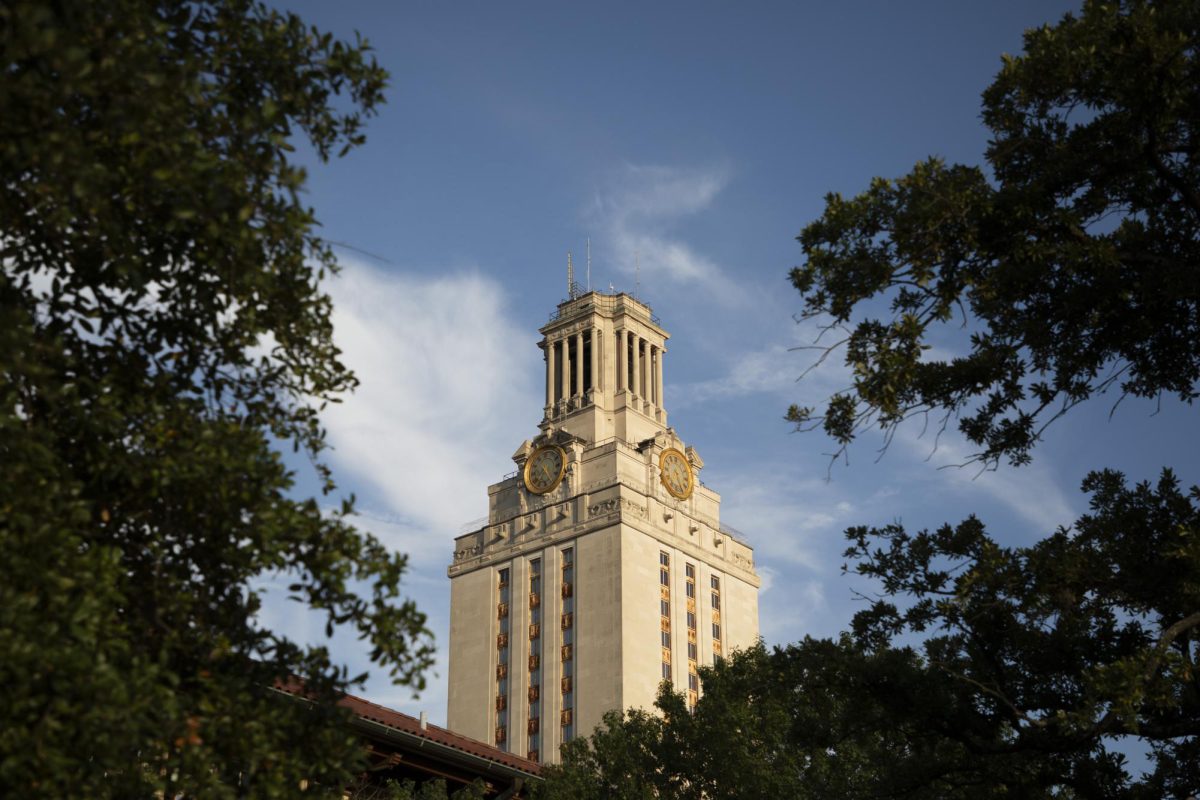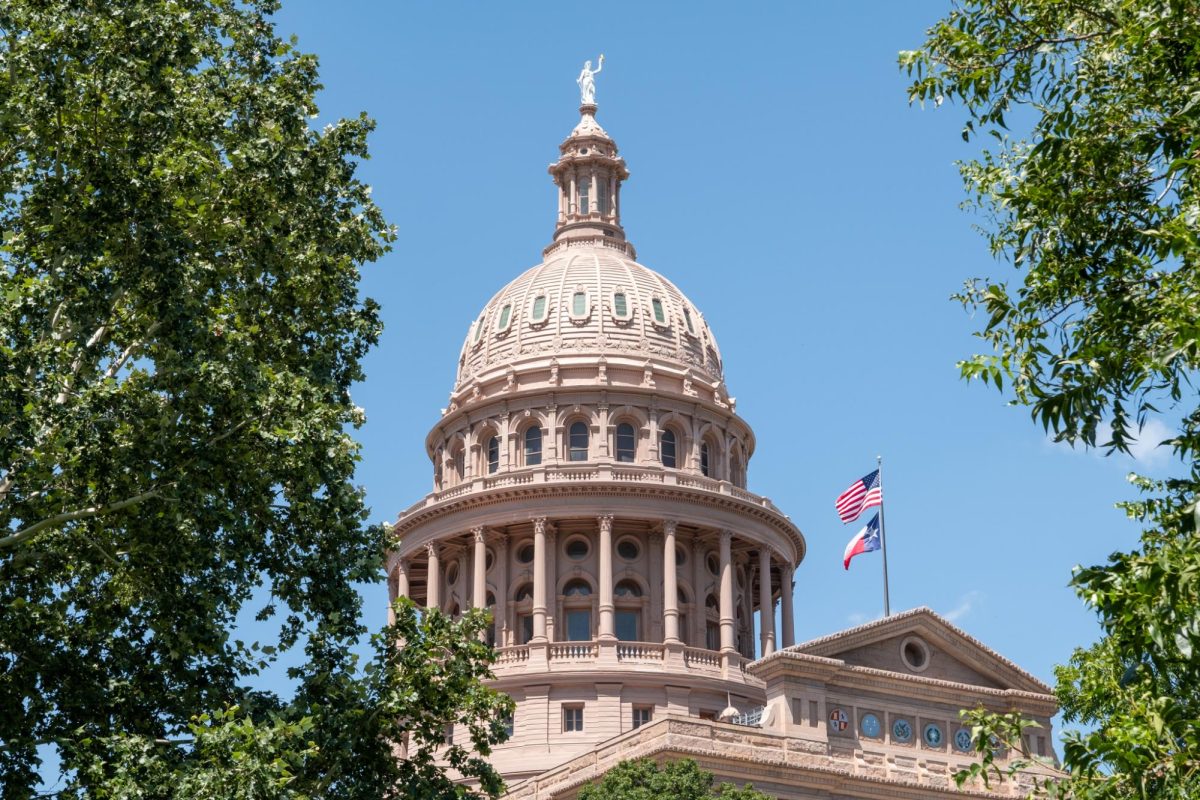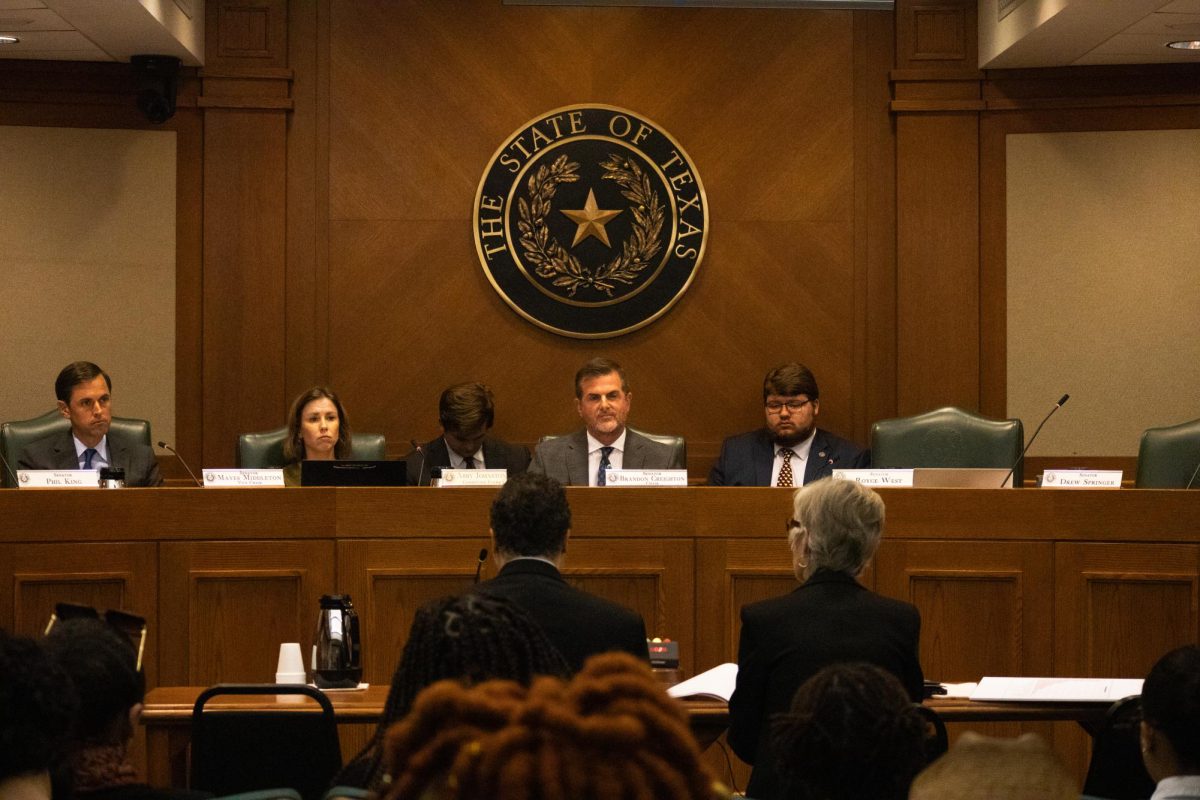The Travis County clerk and tax assessor announced their plans Monday to educate the public about identification requirements imposed by the new voter identification law.
The law requires voters to present one of seven valid forms of government-issued identification, along with a voter registration card, at the polling location.
Beginning Thursday, city officials will travel to different locations around Austin to provide information about acceptable forms of government identification and issue alternate identification cards if necessary.
Election Identification Certificates, which provide valid photo identification to be used only for voting purposes, are an option for students who do not have a driver’s license or other form of valid voter identification, such as a passport.
Officials at the Department of Public Safety will issue the certificates during the week and on Saturdays until Nov. 2.
Travis County Clerk Dana DeBeauvoir said the certificates are not an acceptable substitute for expired licenses. The certificates can only be granted to citizens who have not recently had any state-approved forms of identification.
“A driver’s license that’s still in [the state’s] database — just newly expired — would not qualify you to get an election identification card,” DeBeauvoir said. “You have to be truly out of the picture.”
Members of Hook the Vote, a student organization that attempts to increase student participation in elections, also plan to partner with the Travis County Tax Assessor’s office to educate students about the law and issue Election Identification Certificates.
“Despite not being a major election year, we see [the education initiative as] a great test run for dealing with voting issues that students might have,” said Julius Fountain, the assistant director of Hook the Vote. “We are very excited to work over the next few weeks to test the waters and help students learn about the changes that are coming with this year’s election.”
DeBeauvoir said if a student has a voter registration card with an Austin address but a driver’s license with a different address, that person will still be able to vote.
“It’s good if [the addresses] match … but if they don’t match, then we’re still looking at the totality, and we will go by the voter registration address,” DeBeauvoir said. “Their driver’s license is going to need to be a current driver’s license. The totality would be their photo, their date of birth and we would look to the voter registration card for the address.”
Tax assessor Bruce Elfant said the most important aspect of both voter registration cards and forms of identification is the person’s name.
“If the name is identical, you’re going to be good,” Elfant said. “If the name’s not identical and the address isn’t identical, then the election judge has to start making some decisions … My middle name’s not on one — it is on the other, and even so, I’ll have to check the box and sign an affidavit swearing that I’m the same person if I don’t update mine.”
Psychology freshman Laura Gomez said she feels students do not have the information they need to make sure they have the right voter identification.
“Texas is 51st [of the 50 states and the District of Columbia] in voting participation — it’s really bad,” Gomez said. “I think the state of Texas needs to work on their education in general but also in educating kids on [voting] policies.”


















